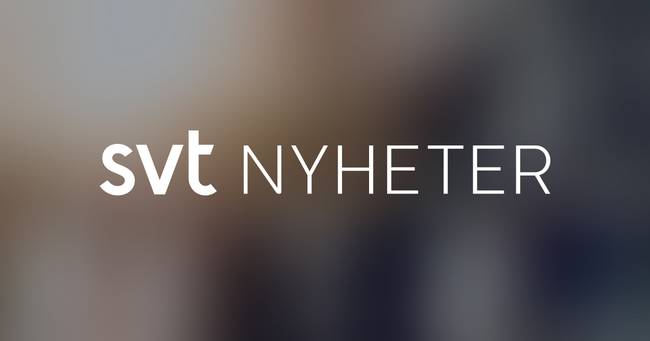Göran Hägglund was one of the architects behind the 2014 so-called December agreement (DÖ), which was signed by the government (S + MP) and the former alliance parties.
- The alliance had just lost the election, but the government lost the budget vote.
This was something that has never happened in modern times before and that was quite upsetting, says the former KD leader in Politikbyrån and continues:
- When SD voted for the Alliance's budget, they broke with practice for how Sweden could not only govern Sweden but also get through a cohesive budget, says Göran Hägglund.
Göran Hägglund is critical of the situation in Swedish politics: "This started with S together with SD breaking out parts of the budget and making their own agreements that came to be the Riksdag's decision. It created an uncertainty that is not good in any way. I has been involved when this has not worked and the costs on the human level and for Sweden as a country are unreasonably high ", he says.
Photo: Erik Simander / TT
"An incredibly troubled time"
It was in this unclear situation that the Alliance kept its promise from before the election - that the bloc that received the most seats in the Riksdag would be allowed to form a government but also be accepted by the opposition and get through its budget.
- I was group leader for KD in the early 90s and had seen what a shaky budget process can mean for a country.
Sweden was thrown into an incredibly turbulent time that led to an interest rate of 500 percent.
On 24 December 2014, the government and the alliance parties called for a press conference where they were told that they had agreed on how Sweden could be governed by a minority government and that an extra election could thus be avoided.
Photo: Henrik Montgomery / TT
- It took almost ten years before Sweden got out of this and many people lost their jobs.
I did not want to be part of it again.
"The most vulnerable have to pay the price"
Göran Hägglund believes that it is important for politicians to now consider how to achieve stable rules of the game that enable Swedish governments to pursue a coherent policy.
- If the state's finances are not in order, especially those who are most vulnerable will pay the highest price.
Hägglund now warns that the political situation increases the risk of disorder and disorder.
- This is bad, both from a financial point of view and for the claim of responsibility.
The Swedish people must be able to see a government rule on its own policy and then evaluate it.
Here, an ambiguity is created when all the different fingers are in the jam jar and in retrospect you can not really hold anyone accountable.
In retrospect, DÖ has sometimes been described as a mistake, do you agree?
- I still think that the idea behind DÖ had clear advantages.
From a strictly political perspective, we could now possibly have a cohesive alliance grouping that had won the election in 2022. But I realize that it is not black and white, it is a gray scale where there are pros and cons to all the different alternatives.

